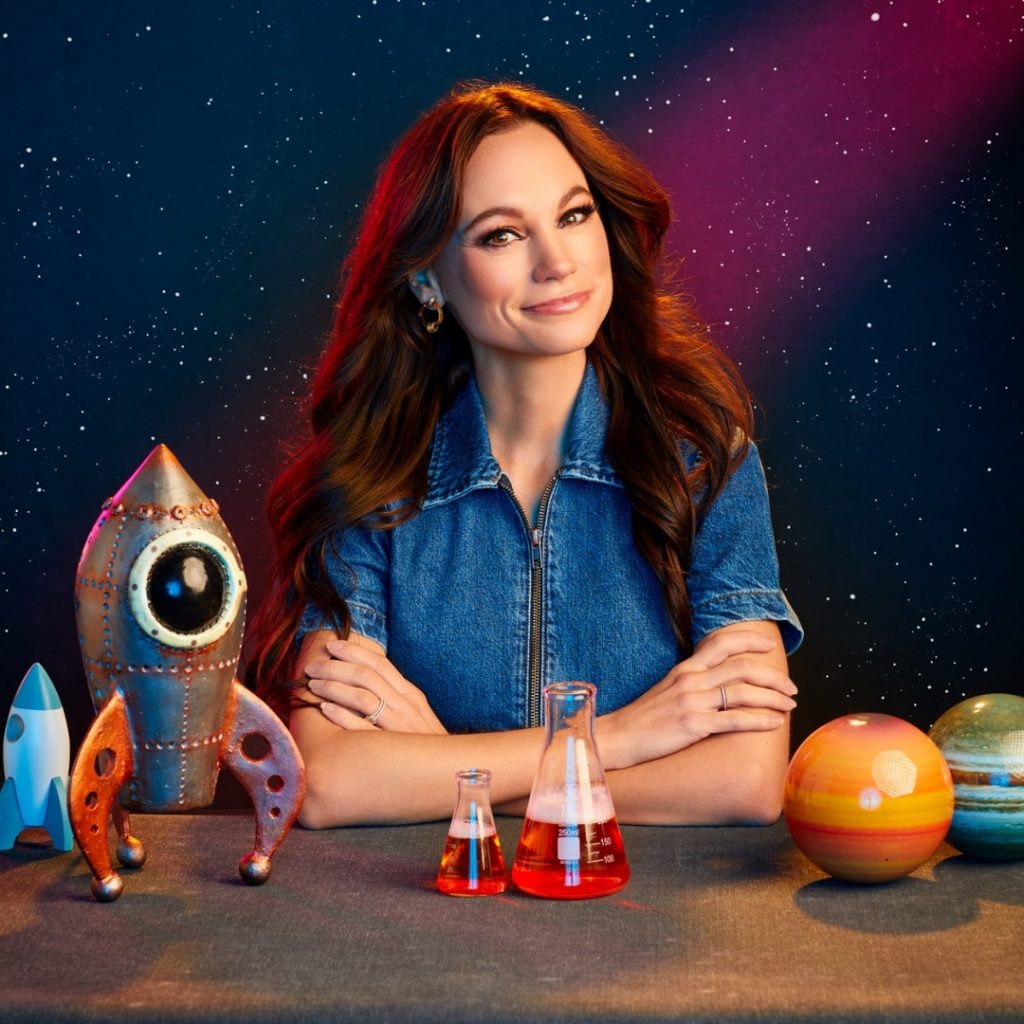Presented by

Join us for an inspiring talk with Emmy-nominated science communicator and host of Emily’s Wonder Lab on Netflix, Emily Calandrelli! Known as “The Space Gal,” Emily makes science accessible and exciting for audiences of all ages, blending her background in aerospace engineering with her passion for storytelling. Plus, connect with other STEM enthusiasts at a reception right before Emily’s talk, with light bites and refreshments!
In this engaging event, Emily will share her journey from studying engineering at MIT to becoming a leading advocate for STEM education, space exploration, and science communication. Through personal stories, behind-the-scenes insights, and thought-provoking ideas, she will explore how curiosity can drive innovation and why empowering the next generation of scientists and explorers is more important than ever.
Whether you’re a student, educator, or lifelong learner, this evening promises to spark wonder, ignite curiosity, and remind us all of the power of asking “why not?” This event is suitable for all ages!
Emily is the 100th woman to fly to space and an MIT-engineer turned Emmy-nominated science TV host. She’s the Host and Co-Executive Producer of Emily’s Wonder Lab on Netflix, she’s featured as a correspondent on Netflix’s Bill Nye Saves the World and an Executive Producer and host of FOX’s Xploration Outer Space. Emily is the author of the picture book Reach for the Stars, the science experiment book Stay Curious and Keep Exploring, and the science chapter book series, the Ada Lace Adventures. The third book in the series was launched to the International Space Station through the Story Time from Space program.
Emily is also a professional speaker who has spoken at venues like Google, Pixar, MIT, Texas Instruments, CERN, SXSW EDU and dozens of K-12 schools and Universities around the country. She focuses her talks on the topics of science communication, space exploration, and women in STEM. Her 3 TEDx talks are available on YouTube.
Emily’s educational background is in engineering and policy. At West Virginia University she received bachelors in Mechanical and Aerospace Engineering. While at WVU she was awarded the Goldwater scholarship for research and Truman scholarship for policy work.
She received her Masters from MIT in Aeronautics and Astronautics as well as Technology and Policy.

Ignite your curiosity and grow your passion for space and science at our Thought Leader Series!
This speaker series highlights leading STEM figures whose work advances the public understanding of science and exploration. Each program is preceded by a reception with light bites, offering an opportunity for connection with other guests. An engaging discussion with the speaker concludes each event, navigating the intersection of discovery and storytelling.
Presented by

HOURS TODAY
Explore the future at Moon 2 Mars Festival, presented by Wellby Financial from March 11-14. Tickets on sale now!
Friday, February 6 | 7:30 p.m.
Witness history at the Official Visitor Center of NASA Johnson Space Center.